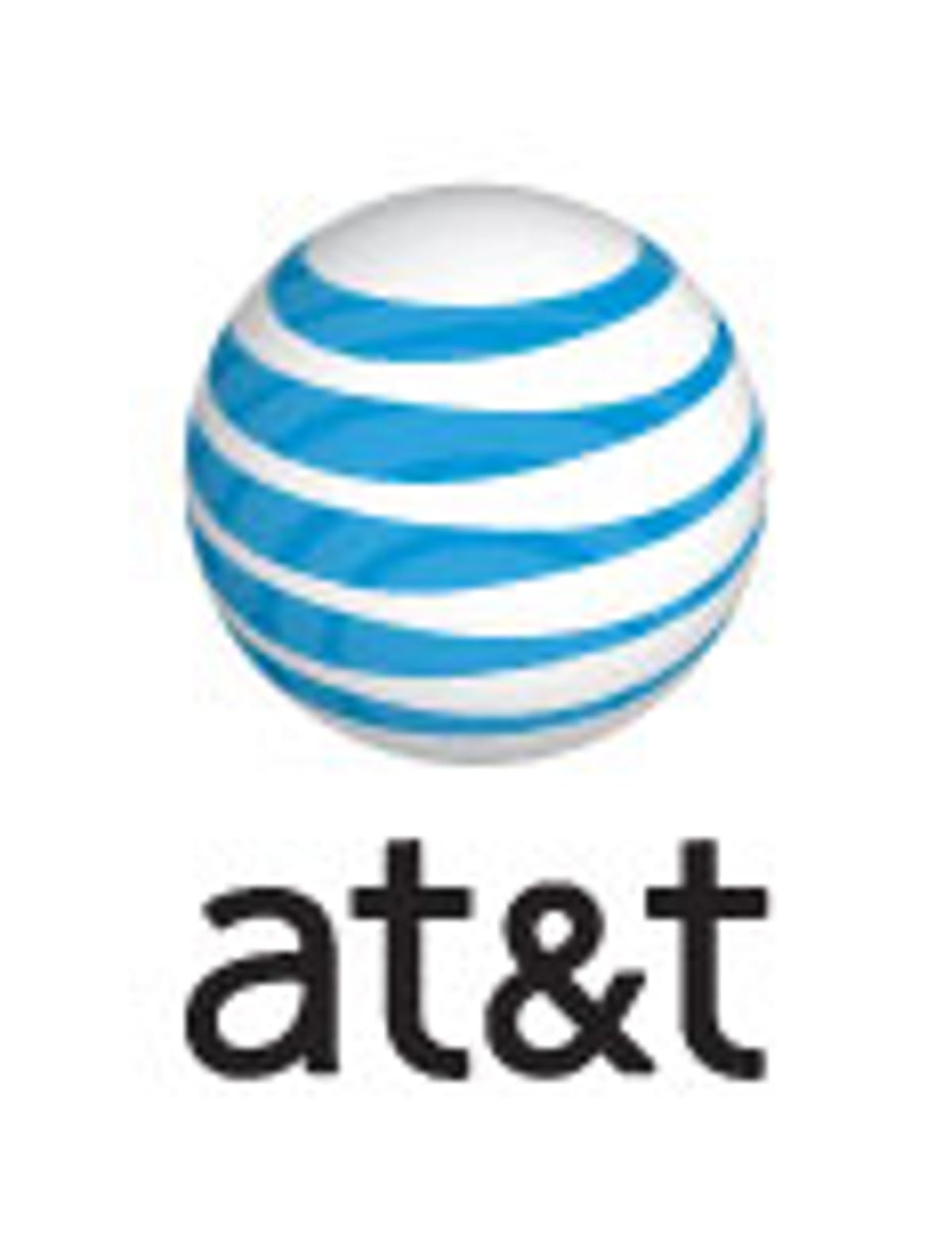AT&T wants to get a leg up on Google Fiber.
The company said on late Monday that it would launch its “GigaPower” super-fast home Internet service on December 1 in Austin, a city that Google has said it would deploy its own speedy Google Fiber service.


AT&T
GigaPower would start with speeds of 300 megabit per second, or roughly 40 times the speed of the average U.S. Internet home connection, before upgrading customers to 1 gigabit per second next year. Google also plans to offer its own 1-gigabit connection some time next year.
By moving first with its offering, AT&T is attempting to quell the Google buzz and drum up a little hype for itself. The initial launch will cover tens of thousands of customers, and AT&T said it has plans to expand throughout Austin and its surrounding neighborhoods, although it will be selective about it.
“We are opening up the portal to understand the interest that customers have,” said Lori Lee, a senior executive in AT&T’s home solutions unit. “They will influence where we will expand initially.”
AT&T was mum on price, likely reluctant to give away any market insights to competitors such as the cable providers. Lee would only say it would be a good value to customers.
It’s unclear whether AT&T will try to match Google Fiber on price. In Kansas City, where Google Fiber is already available, Internet service costs $70 a month, while a bundle with TV costs $120 a month.
That flies in the face of the traditional telcos and cable providers, which charge excessive high rates for their fastest tiers of service. Verizon, for instance, charges $309.99 a month for a 500 megabit-per-second service as part of a double-play package that includes phone or TV service.
Related stories
- Best Home Security Cameras of 2022
- Here’s How to Turn Your Old Android or iPhone Into a Security Camera for Free
- TV in the Bathroom: Technically Doable but a Very Bad Idea
- Please, Clear Your Android Phone’s Cookies and Cache Right Now
- Got a Streaming Device? You Need to Change These Settings ASAP
AT&T plans to market this support as part of a bundle of U-Verse services, including phone and television. Lee said there would be different options on what services customers could choose but declined to provide specific details of those options.
The GigaPower service will be powered by an all fiber-optic network. The company previously used a combination of fiber-optics and traditional copper lines to deliver its U-Verse Internet service. But the 1-gigabit speed requires a network that doesn’t use older infrastructure. Google, for instance, is essentially starting from scratch with an all-fiber network.
Lee declined to comment on whether Google’s plans had any impact on AT&T, insisting that the move was more of an evolution of its existing services.
“It’s about doing what you do but doing it even better,” she said.
A 1-gigabit connection would provide a radically drastic improvement to the Internet experience at home. A high-definition movie, which would normally take 30 minutes to download, would zip to the home in less than 2 minutes with the GigaPower service.
For AT&T, this marks just the start of the company’s expansion of super-fast Internet service.
“We’re going to start in Austin,” Lee said. “I am positive it won’t be our last.”



